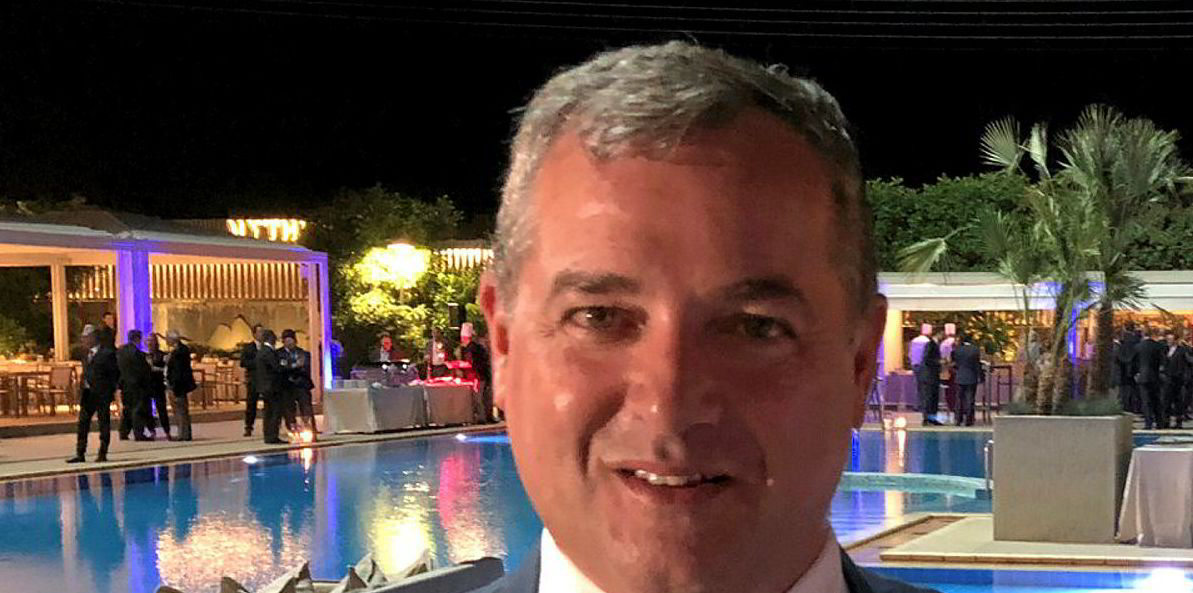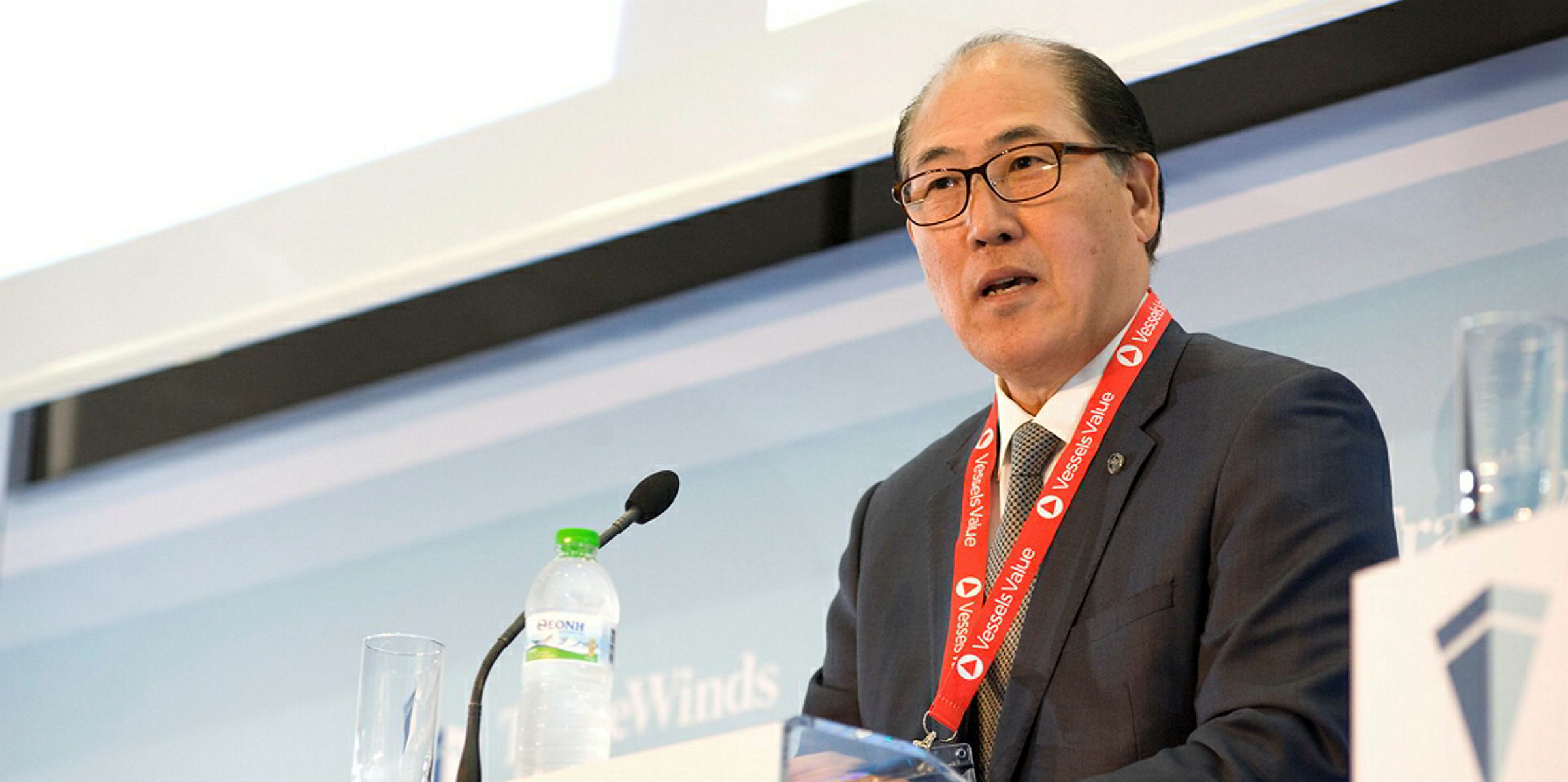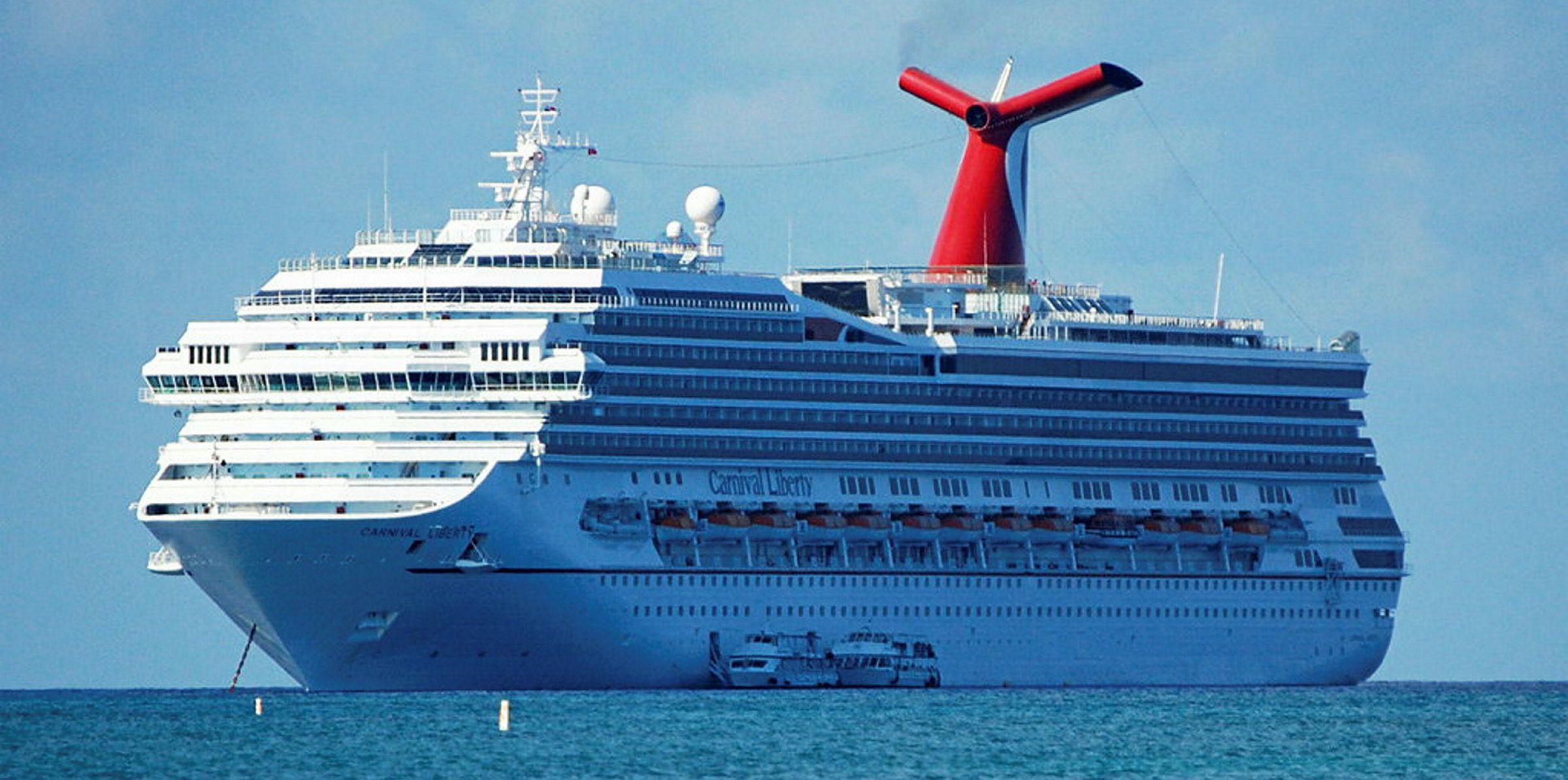The IMO has bungled the introduction of low-sulphur marine fuels in a big way and carries much of the blame for shipping markets’ downturn, shipowner Andreas Hadjiyiannis says.
“The IMO has done a terrible job. It’s a disgrace,” said Hadjiyiannis, who is president of the Cyprus Union of Shipowners (CUS).
It was “stupid and wrong” to enforce a 0.5% sulphur content cap before ensuring mandatory production of compliant fuels and without a phase-in period or binding rules on whether and what type of scrubbers could be installed, he told Capital Link’s Cyprus Shipping Form in Limassol.
“This has turned the shipping market, the transportation market, into a casino,” he added. “It brought the industry into a big standstill, we saw that in freight rates.”
Hadjiyiannis, principal of containership outfit Cyprus Sea Lines and Hellenic Tankers, even expressed doubts as to whether the 1 January deadline to introduce the sulphur cap can be adhered to.
There are only two reasons someone shouldn’t want to install scrubbers… the first is you don’t have money; the second could be you have missed the opportunity to install them on time
Loukas Barmparis
“There are too many ifs and too many uncertainties,” he said. “Some people will lose a lot of money, or they will lose all credibility ... It’s so obvious that it is all going to end up in a mess and they will have to take it all back.”
Hadjiyiannis clarified that he was not criticising scrubbers or the 0.5% sulphur cap — merely the way the rules are being implemented.
Shipowners that have bet big on scrubbers, such as Star Bulk and Safe Bulkers, were much less alarmist about how the market will evolve after the cap enters into force.
“I don’t see a major disruption,” Safe Bulkers chief executive Polys Hajioannou told the conference.
“Instead of getting our bunkers in 12 hours, we’ll get them in 24 hours or 36 hours. There’s nothing wrong with that.”

Hajioannou, who is vice president of the CUS, went further, saying that some owners had begun voicing all kinds of concerns about scrubbers only after realising they had missed docking slots to install the units: “There are lots of people who didn’t get the slots for the 2019 scrubbers. They didn’t move in time.”
Safe Bulkers president Loukas Barmparis was even more explicit. “There are only two reasons someone shouldn’t want to install scrubbers ... The first is you don’t have money; the second could be you have missed the opportunity to install them on time,” he said.
Safe Bulkers plans to install exhaust gas cleaning systems on about half of its 40 ships.
Concerns about discharge water from open-loop scrubbers have led some port authorities, including Singapore and Fujairah, to ban the technology.
Petros Pappas, chief executive of Star Bulk — which wants to install scrubbers on almost its entire fleet of about 100 vessels — also had strong words on the issue.
Burned at the stake
Such criticism of scrubbers, he said, reminded him of the Spanish Inquisition, when innocent people were burned at the stake because the society around them did not understand them. “Let’s not burn scrubbers the same way,” Pappas said.
Star Bulk chief strategist Charis Plakantonaki dismissed a European Commission paper that rang alarm bells about the potentially harmful effects of water discharge from scrubbers and called for harmonisation of their regulation.
“This study actually concludes that more studies [are] needed. It doesn’t conclude that discharge water harms the marine environment,” she said.
The pro-scrubber camp instead points to two more recent reports, including one by the Japanese government, which it says are scientifically thorough and have given the technology a clean bill of health.





